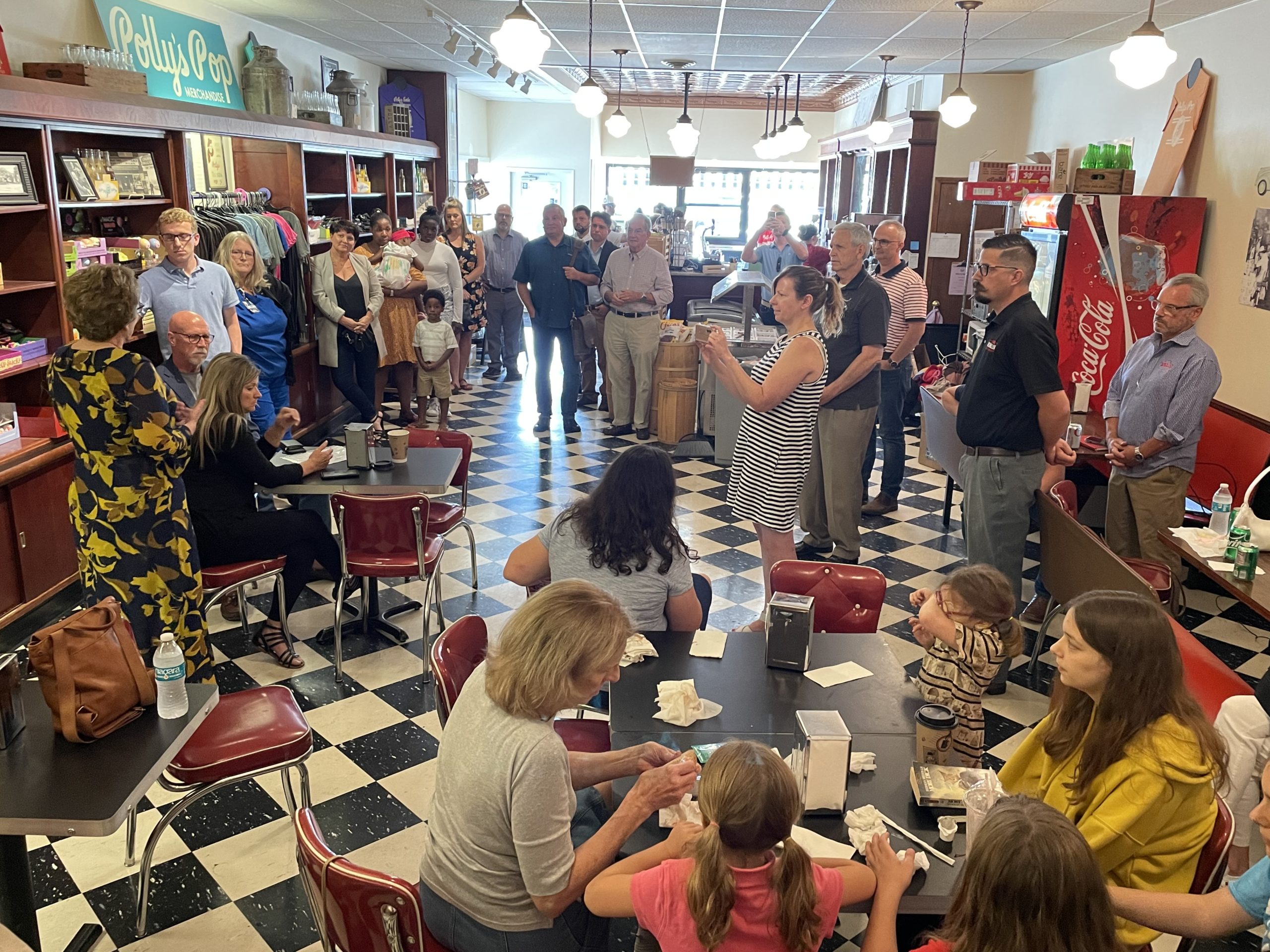Jefferson City, Mo. — House Bill (HB) 1552 was signed into law last Wednesday by Gov. Mike Parson. The bill passed the Senate by a vote of 29-5 April 20, and passed in the House May 12. A smooth bill passing process in what was otherwise a contentious and inefficient spring session.
The bill is named the Charter Equity Funding bill and has two major parts. The first part deals with the funding formula for charter schools in comparison with public schools.
The second half is a new set of regulations that give parents more power in their ability to choose online schooling for their children.
Before HB 1552 was created and signed into law, parents across the state raised complaints of their local schools’ inaction to requests for online schooling and that schools were using loopholes to deny certain students virtual education.
Specifically, the bill mandates that school districts and charter schools will have to adopt a policy that makes the process for enrolling in virtual courses similar to that of enrolling in in-person courses.
“Each school district or charter school shall adopt a policy that delineates the process by which a student may enroll in courses provided by the Missouri course access and virtual school program that is substantially similar to the typical process by which a district student would enroll in courses offered by the school district and a charter school student would enroll in courses offered by the charter school,” the bill reads.
This language forces school districts to streamline their process for students applying for virtual education programs.
This is not a guarantee for all students. The bill leaves language that gives schools the authority to consider in-person learning possibilities before moving the student to a virtual education program.
HB 1552 also protects the schools the ability to deny students virtual education, but only under certain conditions.
If the school denies a student virtual education opportunities, it must be for “good cause,” according to the bill. This good cause must be provided in writing and can only be used to deny virtual education if a determination is made that virtual learning is not in the best interest of the student.
The bill also streamlines the appeals process for the parties involved that would like to submit an appeal to any denial. The bill stipulates there must be good faith collaborations between the relevant parties, timelines regarding participation and considerations for in-person learning among other things.
Overall, the language in HB 1552 leaves most of the authority to local school districts and the contractors they interact with for virtual education.
The bill requires the Department of Elementary and Secondary Education (DESE) to publish a guidance document that details options for virtual education access in the state. This document will be distributed to every school in Missouri.
DESE has until Jan. 1, 2023 to fulfill this requirement.
“The Department of Elementary and Secondary Education continues to review HB 1552 and make preparations to implement the new requirements of the bill,” Mallory McGowin, chief communications officer for DESE said. “The changes to the virtual school program are significant and DESE will continue to work with virtual providers and school districts to enact the new law.”
There was an event held at the historic Clinton’s soda fountain in Independence, Mo. to celebrate the signing of HB 1552. The event included a multitude of parent advocacy groups that specialize in virtual education issues, as well as candidates for both the Missouri House of Representatives and the Senate.
Many parents of students and local School Board members were also in attendance at the event.
One of the parents and activists at the event was Samoy Mainda. Mainda is the parent leader for the Missouri Chapter of the National Coalition for Public School Options.
Mainda’s daughter was unable to access virtual education previously, she believes that is because existing laws allow schools districts to overrides the desires of parents.
“I am hopeful that the changes enacted under HB 1552 will close the loopholes school districts have abused to deny thousands of families their right to choose the best education for their children,” Mainda said. “No family should ever have to endure the difficulties and trauma my family and many others have endured in our quest to give our children the best education possible.”
Kelton is a 2023 graduate of the University of Missouri with a Bachelor of Arts in Political Science and a Bachelor of Arts in Religious Studies. He is a native of mid-Missouri and likes to write politics at both the state and federal levels. Kelton joined the Missouri Times in April 2022



















